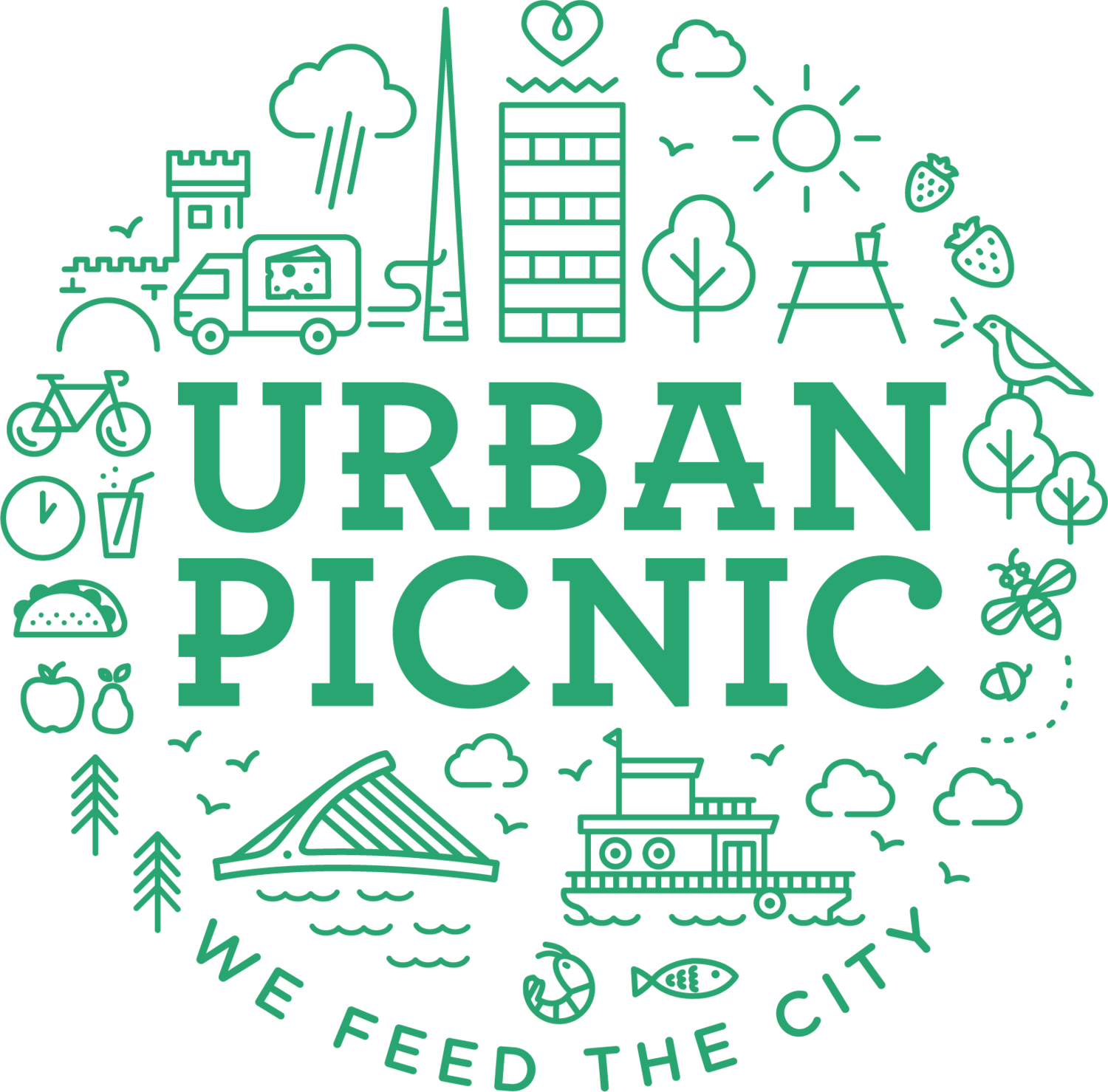04 APR 2018
Gavin Prendergast had already been thinking about going into business for himself with an enterprise that would tap into his love for food. Then the multinationals came calling.
The story of his company, Urban Picnic, is just one example of the local impact that foreign direct investment brings to Ireland. The company has grown from Prendergast alone to 185 employees, serving up to 12,000 meals every day.
Back in 2009, Prendergast had been looking around for gaps in the market. He noticed that tech companies were bringing a culture where free food was not just a staff perk; it had to be healthy too. Yet most traditional catering providers didn’t offer fresh, wholesome eating options.
Prendergast seized his chance. Not that it was easy. “I used to wake up at 3am and bake bread and chop fruit. I’d drive over to Facebook’s offices in my battered old Saab,” he remembers.
Big business buys Irish
It was part of Facebook’s plan to support local businesses as much as possible, but even at that, Prendergast describes his case as one big company “taking a bet” on a one-man band. “The really nice thing about Facebook at the time was that any other company of that size looking for a catering option would just have looked at the large multinational catering firms. I had approached Facebook, and probably from their own startup background, I might have been on their radar a bit more as a young guy, who was passionate about his business and with good ideas. It was a case of ‘let’s give him a shot’. These days, companies prefer to see your client list and your experience.” he says.
“By choosing me, they felt I had the passion and dedication to make it work. Facebook was my life, really. I had left a good job and used all of my money to get the business going. They knew that if they picked me, that I would give them my unrivalled attention.”
Local impact
Even now, Facebook remains a key customer: 100 of Urban Picnic’s catering staff work from on-site kitchens at the company’s three Irish offices. But Prendergast was determined all along that Facebook would be a launching pad to growing his business, not an end in itself. At one point, Urban Picnic was working with LinkedIn, Twitter, Airbnb, Zynga and Facebook at the same time.
More recently, the company has been working with domestic Irish names, and has struck deals with Smurfit Business School and the Royal College of Surgeons, among others. Prendergast says this shows how the culture of influential multinationals can permeate more traditional businesses. “I get invited to meetings at least once a month where a company wants to follow the same approach as Facebook. Indigenous companies are seeing what’s going on, and there’s also a lot of new tech business like software companies and development companies coming into Ireland,” he says.
Working closely with large multinationals has benefited how Prendergast runs his business. Urban Picnic has “very streamlined and efficient” purchasing systems thanks to the insight gained from working with large global operations. Prendergast also borrows from the playbook on strong employee relations; he holds monthly appraisals with every staffer in his company. “If I wasn’t working with tech companies and big multinationals, I probably wouldn’t be as up to speed on this as I am now,” he says.
As well as business lessons learned through observation and osmosis, Prendergast says Facebook proactively took steps to help him improve his business. In 2009, Josef Desimone was Facebook’s then ‘culinary overlord’, responsible for the company’s US catering operations. Though he was a hard taskmaster, Prendergast is grateful for the opportunity and the two remained in close contact for almost four years. “He mentored me, and I thought that was really nice. They didn’t just pick someone to partner with, but put a lot of energy into me.”




